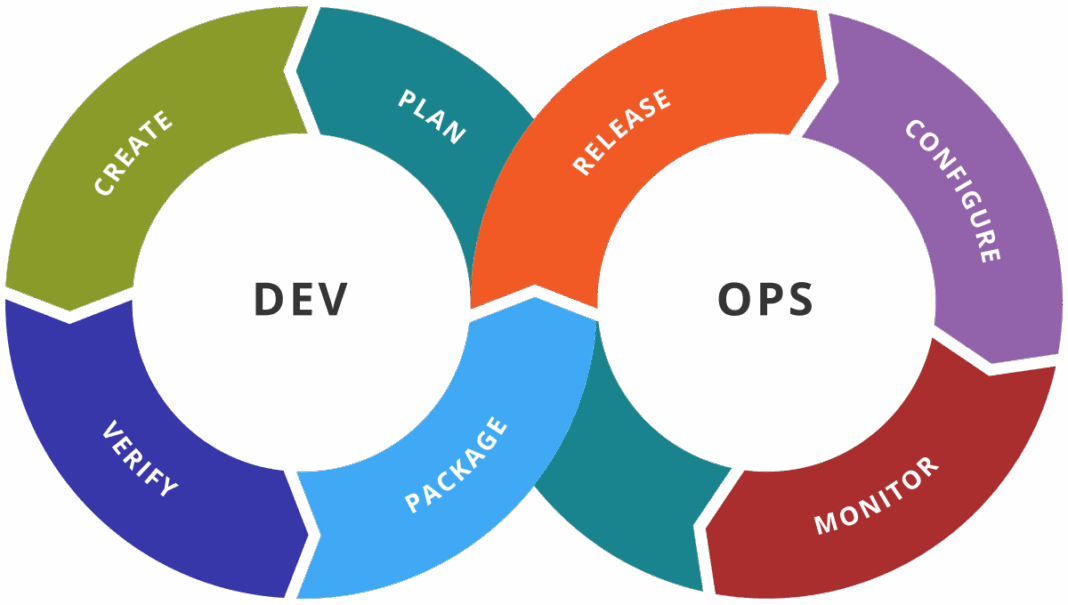DevOps is one of the fastest-growing trends in the tech world right now. More and more companies are implementing DevOps to enhance the manner in which they develop and deploy software. Due to this, the demand for DevOps engineers is extremely high. The best part is—you don’t have to spend years learning it. If you implement a simple strategy and put in the effort, you can become a DevOps engineer within six months.
We know at Cloud Zone that time is valuable. That is why our DevOps training course is structured in such a way that you learn step by step and are not confused. Our course is structured such that you learn the basics first and then step-by-step progress towards complicated matters. We also provide you with hands-on training so that you can implement what you learn in real-life situations.
In the initial weeks, you will understand how DevOps is apply and understand important concepts such as continuous integration and continuous delivery. Next, you will understand important tools such as Git, Jenkins, Docker, Kubernetes, etc. Throughout the course, we ensure that you get hands-on experience through live projects.
The key is to stay on course. Don’t be distracted or omit crucial steps. Stick to the DevOps course syllabus, ask questions, and keep practicing. Cloud Zone is there to assist you at every step.
Thus, if you wish to establish a successful career in technology within a minimum time period, our DevOps training course can help you get employed within six months. Stay focused, work hard, and success will be yours.
Table of Contents
Month 1: Learn Linux and Networking
Begin at the beginning. DevOps depends on Linux, so basic knowledge of Linux commands, file hierarchy, and shell scripting is important. Additionally, learn the network fundamentals such as IP addressing, DNS, and firewalls. These are a prerequisite for managing servers.
Month 2: Version Control with Git & GitHub
Then, learn Git. It handles changes to your code and is use for teamwork. GitHub is where individuals collaborate and share code over the internet. You will learn how to make repositories, push code, and use branches.
Month 3: Continuous Integration with Jenkins
Jenkins automates code building and testing. You’ll see how to install CI pipelines that execute automatically when new code is pushed. It speeds up development and makes it more reliable.
Month 4: Docker and Kubernetes
Learn to containerize your applications with Docker. It makes your application run anywhere the same way. Then proceed to Kubernetes to scale and manage more than one container. These are essential skills in DevOps job roles.
Month 5: Infrastructure as Code and Configuration Management
Visit sites such as Terraform and Ansible. Terraform allows you to program for managing cloud resources. Ansible allows you to automate setting up servers and deploying applications. These sites minimize manual effort and mistakes.
Month 6: Monitoring, Logging & Final Project
Learn monitoring with Prometheus and Grafana. Track app health and performance. Use the ELK stack for managing and analyzing logs. In your final project, you’ll build a complete CI/CD pipeline, deploy an app using Docker and Kubernetes, and monitor it.
Training with Cloud Zone
At Cloud Zone, we learn by doing. Our course has lab sessions, actual projects, and personalized mentoring. We set you up not only to learn tools but to apply them in actual scenarios.
We assist you with interview preparation, creating a resume, and knowing what employers want.
Success Tips
- Practice everyday
- Do side projects
- Participate in online forums
- Learn continuously from docs and tutorials
Becoming a DevOps engineer in six months is possible with focus, the right training, and consistent practice. By enrolling in DevOps training in Chandigarh, learning the right tools, and working on real projects, you’ll build the skills that top companies are looking for.



